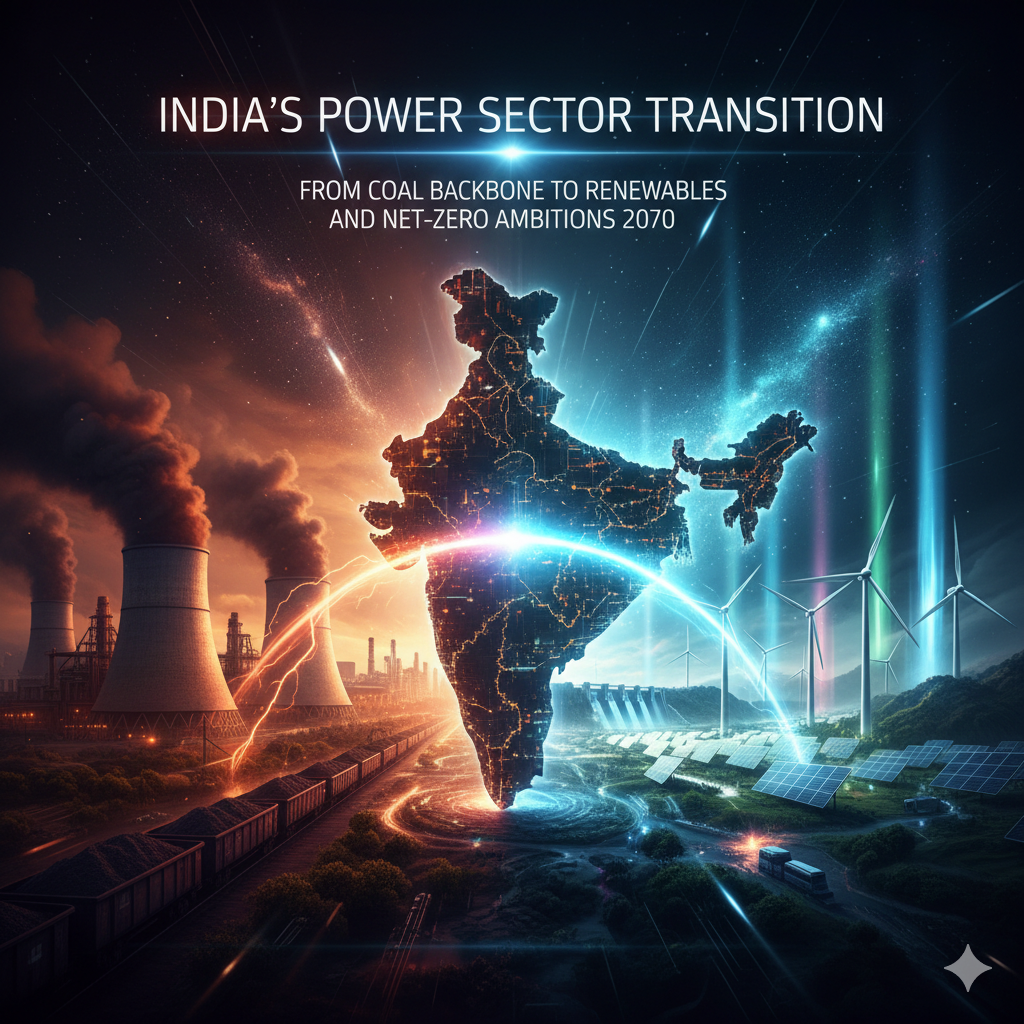The increasing use of plastics has led to serious environmental and health concerns across the globe, with Uttar Pradesh (UP) being no exception. The state government of Uttar Pradesh, in compliance with national policies and the growing need for a sustainable environment, has laid down various guidelines and regulations to manage plastic waste. These guidelines aim to reduce plastic consumption, improve waste segregation, promote recycling, and ensure the overall management of plastic waste to protect the environment.
The following sections explain the major guidelines related to plastic waste management in Uttar Pradesh:
1. Plastic Waste Management Rules (PWM), 2016
In 2016, the Ministry of Environment, Forest and Climate Change (MoEFCC) issued the Plastic Waste Management Rules, which aimed to regulate the plastic waste in the country. These rules, though national, have been adopted by Uttar Pradesh for strict implementation. Some of the significant provisions include:
- Prohibition on Single-Use Plastics: The UP government, in alignment with the national vision, has prohibited the use of single-use plastic (SUP) products such as plastic carry bags, cutlery, straws, and containers.
- Extended Producer Responsibility (EPR): EPR requires manufacturers and producers of plastic products to ensure the proper collection, recycling, and disposal of plastic waste.
- Segregation of Plastic Waste: The UP government encourages citizens and businesses to segregate plastic waste from other waste types, which can then be recycled more effectively.
2. Ban on Use of Low-Thickness Plastic Bags
UP has enacted a ban on plastic bags that are less than 50 microns in thickness. These bags are more prone to causing environmental harm as they are not durable and cannot be recycled effectively. This regulation mandates that plastic bags used for packaging must meet the specified thickness and that plastic bags below this standard should not be manufactured, sold, or distributed in the state.
Key Points:
- Thickness Requirement: The minimum thickness of plastic bags is set to 50 microns, and any plastic bag thinner than that is prohibited.
- Penalty for Violation: Individuals or establishments found using or selling thin plastic bags face penalties, including fines and potential suspension of business licenses.
3. State-Level Plastic Waste Management Policy
Uttar Pradesh has devised a state-specific Plastic Waste Management Policy that aligns with the national PWM Rules but incorporates regional nuances and challenges. This policy involves various stakeholders, including local municipal bodies, government agencies, NGOs, and the general public.
Policy Objectives:
- Reduction in Plastic Consumption: The policy seeks to reduce the overall plastic consumption by promoting alternatives such as cloth bags, paper, jute, and biodegradable products.
- Increase in Plastic Recycling: Efforts are directed toward creating a comprehensive recycling infrastructure across the state, ensuring that a higher percentage of plastic waste is processed and reused.
- Awareness Campaigns: The UP government actively runs awareness campaigns to educate citizens on the environmental impact of plastic waste and encourage the adoption of plastic-free lifestyles.
4. Collection and Segregation of Plastic Waste
One of the significant aspects of Uttar Pradesh’s plastic waste management strategy is ensuring efficient collection and segregation of plastic waste. This process enables the recycling of plastic materials and ensures that plastics are disposed of in an environmentally responsible manner.
Collection Mechanisms:
- Door-to-Door Collection: Local municipal bodies are encouraged to set up door-to-door waste collection services where segregated waste, including plastics, can be collected separately for recycling or disposal.
- Plastic Collection Centers: The government has established plastic collection centers in urban and rural areas where citizens can drop off plastic waste for processing.
Segregation of Plastic Waste:
- At Source: The UP government has made it mandatory for households and businesses to segregate plastic waste at the source. This ensures that plastic waste is separated from organic waste and other recyclables.
- Municipal Responsibility: Local authorities are tasked with ensuring the segregation of waste and its proper disposal. Non-compliance by individuals or businesses is met with penalties.
5. Promoting Alternative Materials
To reduce reliance on plastic products, the UP government has initiated various programs aimed at promoting the use of alternative materials. These materials include biodegradable plastics, paper, glass, and metal. Additionally, there is a significant push to encourage reusable bags and containers.
Key Measures:
- Substitution Incentives: The government offers subsidies and incentives to manufacturers who switch from plastic-based products to alternatives such as biodegradable materials.
- Awareness on Sustainable Practices: The UP government organizes workshops and awareness programs to educate businesses and consumers about the benefits of using sustainable materials.
6. Plastic Waste Recycling and Reuse
The UP government encourages the development of a robust recycling infrastructure, which includes setting up recycling plants and encouraging businesses to adopt recycling practices. The government has partnered with private organizations and NGOs to promote the recycling of plastic waste, especially in urban centers.
Recycling Regulations:
- Plastic Waste Recycling Centers: Uttar Pradesh has set up various recycling centers where plastic waste is processed and converted into reusable materials.
- Circular Economy Approach: The government is promoting the circular economy by ensuring that plastic waste is returned to the manufacturing cycle and repurposed, reducing the need for virgin plastic production.
Incentives for Recycling:
- Tax Benefits: Companies involved in plastic recycling may receive tax benefits and grants from the state government to support their operations.
- Public-Private Partnerships (PPPs): The state government has collaborated with the private sector to create a more efficient recycling ecosystem.
7. Public Awareness and Education Campaigns
A critical part of the guidelines is raising public awareness about the dangers of plastic waste and the need for its proper disposal and recycling. The UP government has taken various steps to promote environmental consciousness among the masses.
Campaign Initiatives:
- School and College Programs: Educational institutions are encouraged to conduct workshops, rallies, and exhibitions to spread awareness about plastic waste management.
- Media Engagement: The government uses local media, including radio, TV, and social media platforms, to reach a broader audience. Campaigns focus on the harmful effects of plastic pollution and the need to reduce plastic consumption.
Key Messages:
- Reduce, Reuse, Recycle: Citizens are encouraged to follow the three Rs (Reduce, Reuse, Recycle) in their everyday lives.
- Say No to Plastic: The government promotes alternatives to plastic, including the use of reusable bags, bottles, and containers.
8. Incentives for Plastic Waste Collection and Disposal
To incentivize individuals and organizations to participate in plastic waste management, the UP government has introduced various schemes and awards. Municipalities and waste management companies that excel in the proper management of plastic waste may receive recognition or monetary incentives.
Schemes:
- Plastic Waste Collection Drives: Local municipalities organize plastic collection drives, where participants are rewarded for contributing to waste collection and recycling efforts.
- Green Awards: Individuals and businesses that actively contribute to plastic waste reduction and recycling may receive state-level awards, boosting their visibility and encouraging others to follow suit.
9. Implementation and Monitoring
The effective implementation of plastic waste management guidelines requires constant monitoring and enforcement. Local urban bodies, including municipal corporations and panchayats, are tasked with ensuring that these guidelines are followed.
Monitoring and Compliance:
- Inspection Drives: Regular inspection drives are conducted to check the sale, use, and disposal of plastic products. Penalties are imposed for violations.
- Plastic Waste Audits: The UP government periodically conducts audits to assess the quantity of plastic waste generated and the effectiveness of its management strategies.
Conclusion
The Uttar Pradesh Government’s guidelines on plastic waste management reflect a comprehensive approach to addressing the growing problem of plastic pollution in the state. These guidelines promote reduction, recycling, reuse, and awareness, creating a more sustainable environment. With strict implementation of the Plastic Waste Management Rules and continued emphasis on alternatives to plastic, Uttar Pradesh is taking significant steps toward reducing the harmful impacts of plastic waste. By involving all stakeholders—government agencies, businesses, NGOs, and citizens—the state hopes to achieve its goal of minimizing plastic waste and promoting environmental sustainability.




